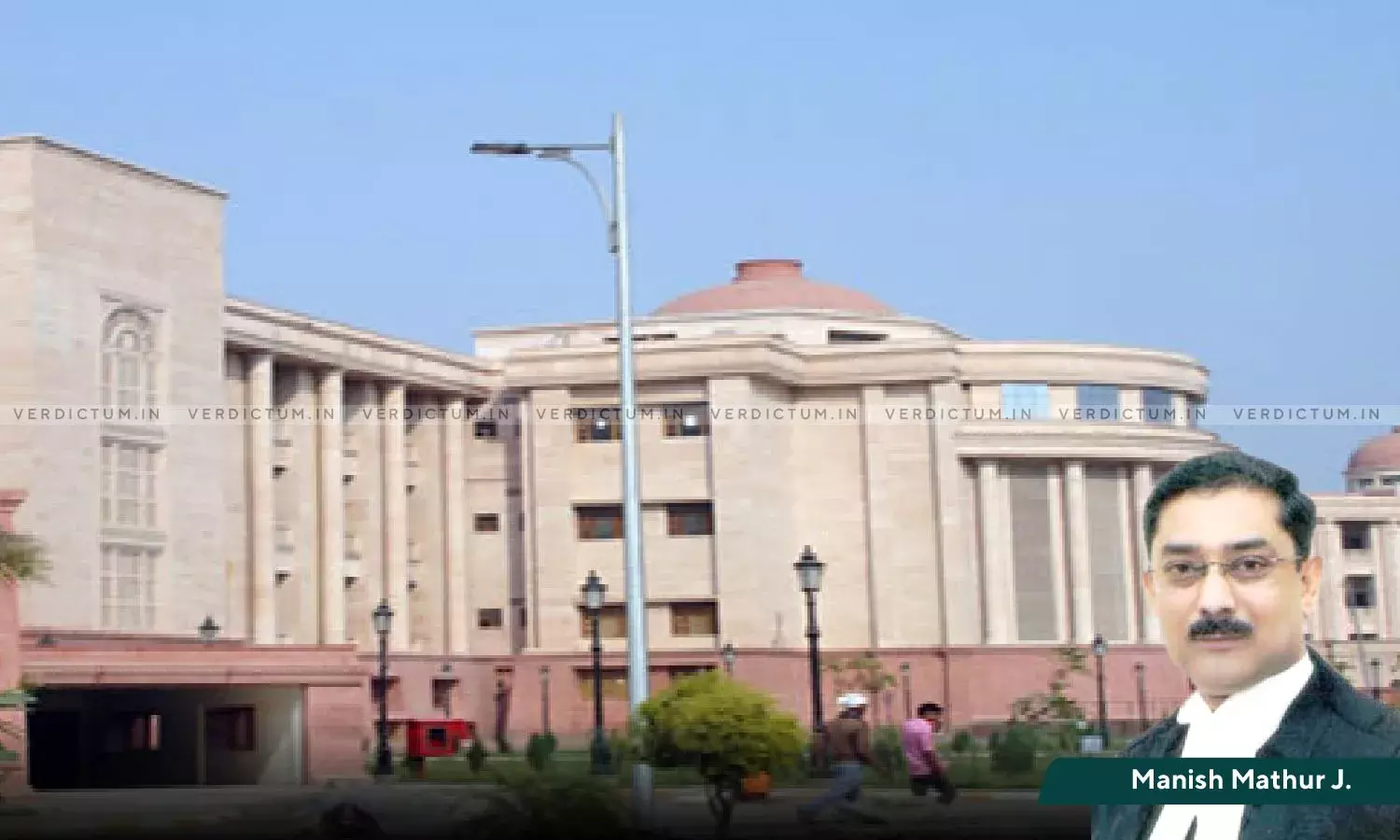Medical College Has To Refund Fees In Case A Student Participates In Counselling In First Round But Subsequently Forsakes Allotted Seat: Allahabad HC
The Allahabad High Court observed that a medical college is bound to refund fees if a student participates in counselling in the first round but subsequently forsakes the allotted seat.
The Court allowed the Petition filed by a student seeking a refund of fees and security deposit from a medical college.
The Bench of Justice Manish Mathur observed, “there is provision for refund of fees in case a student participates in the counselling in the first round but subsequently forsakes the seat which has been allotted”.
Advocate Shiv Prakash Dwivedi appeared for the Petitioner and Advocate Abhinav N. Trivedi appeared for the Respondent.
The Petitioner sought a refund of fees and security deposit after being allotted F. H. Medical College, Agra in the first NEET counselling but later received an allotment to NIMS University. The Petitioner resigned from the first allotment citing dissatisfaction and requested a refund. Discrepancies exist regarding the date of resignation. The Petitioner relied on a government order for refund entitlement, while the opposing party cited a proviso to the order.
The Court noted that paragraph 7 of the Government Order outlines provisions for fee refunds when a student resigns from a seat allotted in the first counselling round but later receives an allotment in the second counselling round. The resignation must specify the subsequent allotment in the second counselling round along with a certificate confirming this allocation.
“While paragraph 7(a) states that such resignation from the College allotted in the first counselling is permissible subject to a student being allocated a Medical College in the second counselling but such a fact is required to be indicated specifically in the resignation letter and by annexing a certificate regarding his allotment made in the second counselling”, the Bench noted.
The Bench observed that although the requirement to provide reasons and annex a certificate during resignation from the first counselling allotment was stated as mandatory, it can be interpreted as a directory. This leniency was warranted, especially when the student later indicated a seat allotment in the second counselling round and provided reasons for rejecting the first allotment. This interpretation was justified by the need to ensure fairness in fee refunds, as fees are paid for educational services rendered by the college. “In case a student resigns from the allotment made in the first counselling itself, clearly no studies have been imparted to such a student and therefore permitting such a College to retain fees deposited by a student would in fact amount to unjust enrichment. It is the opinion of this Court, that fees deposited by a student is as a quid pro quo for studies imparted to such student. This is more so, as in the present case where subsequent rounds of counselling including mop up rounds of counselling have taken place.”, the Bench added.
Furthermore, the Court noted that the petitioner's resignation letters clearly stated reasons for rejecting the first counselling allotment, submitted. At the time of resignation, the Petitioner had not received an allotment from the second counselling, which occurred later and was documented in Annexure-7 of the writ petition. It's undisputed that the petitioner has been allotted a Medical College in their home state during the second counselling round. Therefore, the rationale for rejecting the first counselling's allotment is evident, given the subsequent allocation in the second counselling.
The Bench emphasised that the conditions outlined in paragraph 7(a) have been substantially fulfilled. These conditions were designed to prevent colleges from unjustly retaining fees without providing education to students. The second proviso to paragraph 7(a) cited by the opposing counsel doesn't apply in this case, as it pertains to situations where a student isn't allocated any seat even in the second counselling. Consequently, the petitioner's case falls under paragraph 7(a) of the Government Order.
A writ of Mandamus was issued, instructing the second opposing party to refund the permissible amount according to paragraph 7(a) within two weeks from the date of producing a certified copy of the order.
Accordingly, the Court allowed the Petition.
Cause Title: Shivangi Sharma v State Of U.P.
Appearance:
Petitioner(s): Advocates Shiv Prakash Dwivedi and Ashish Kumar Dwivedi
Respondent(s): Advocate Abhinav N. Trivedi




